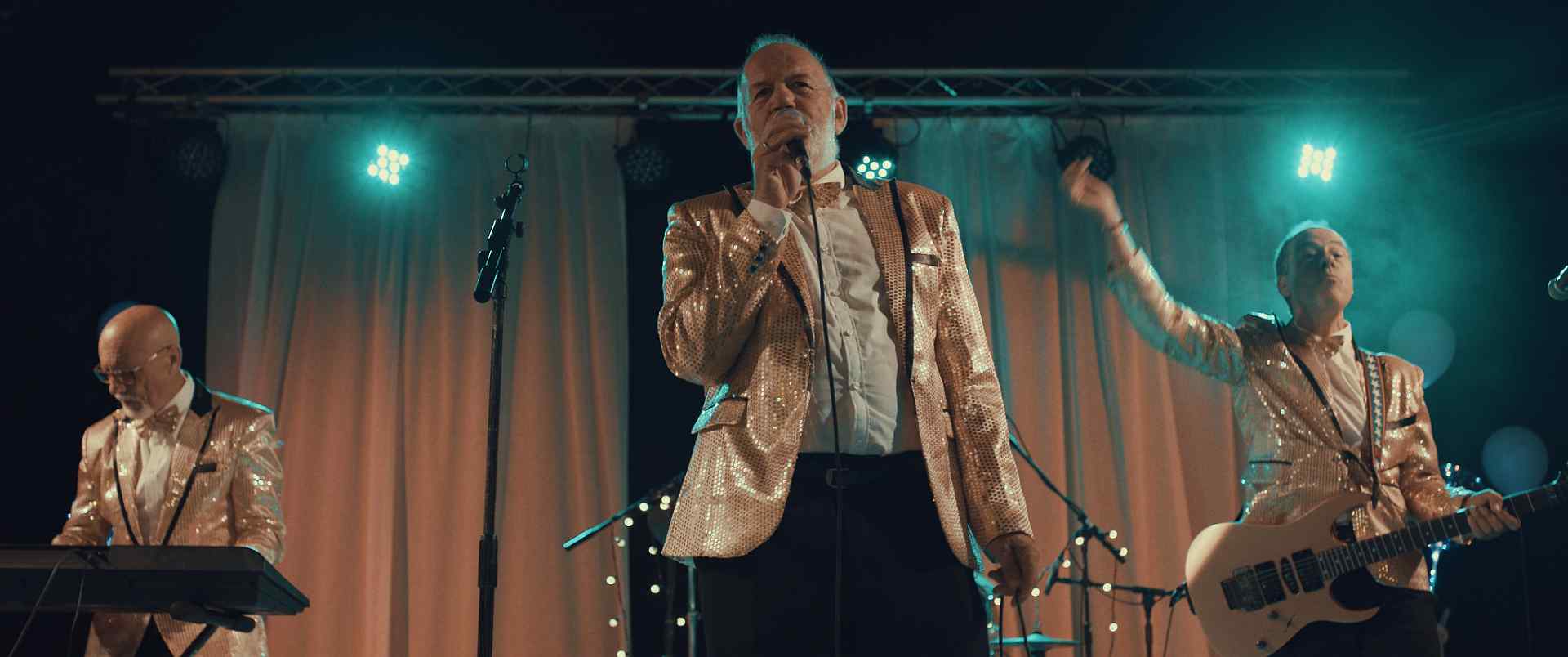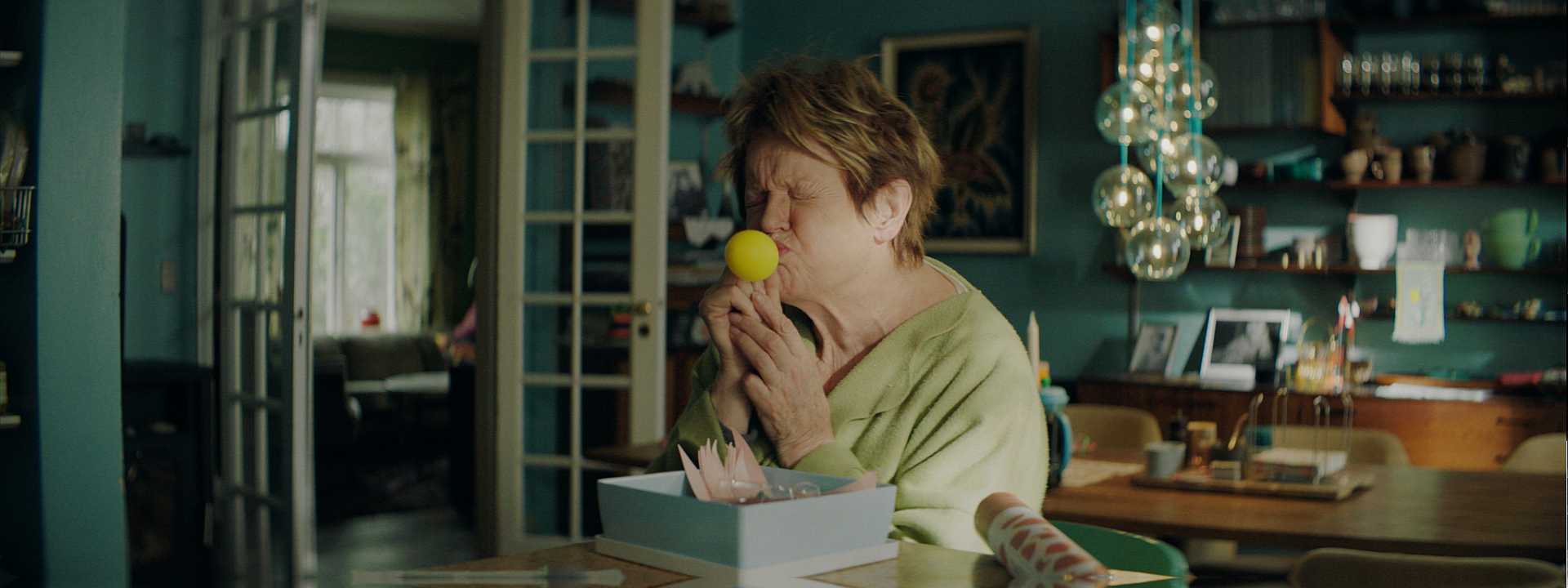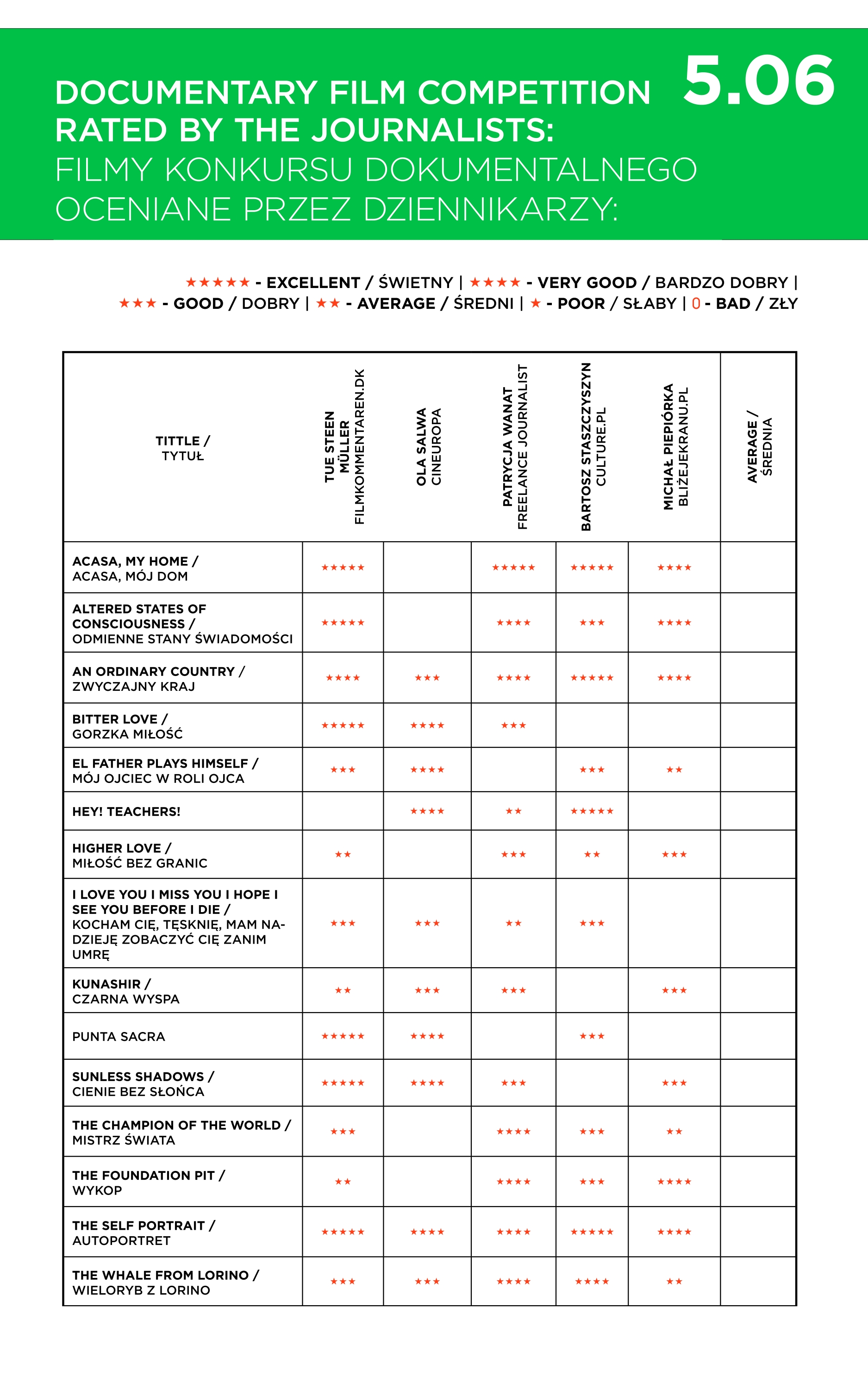Festival Newspaper – Day 6
Laurence Boyce
Hello darkness
Yes, we all know the 60th Krakow Film Festival is not like many of us would have envisioned. A global pandemic will do that to a film festival. But no matter the circumstances, the ‘core’ of the festival still remains as it always does, showcasing a number of excellent documentaries and animations. But lest we forget, KFF also provides a platform for a selection of live action shorts which will be amongst the films that vie for the coveted Golden Dragon, alongside possible European Film Award and Academy Award qualification.
There is a certain darkness that runs throughout this year’s selection of live action shorts. Even before the pandemic, the world was rife with political and social division. Many of the films represent broken social systems, a lack of empathy and communication. The Verdict in the Case of K. is a powerful examination of retribution and revenge as the family of a raped girl must deal with the fact that the person who filmed her rape is given a suspended sentence. With ideas of justice and it’s refraction in the age of social networking, it’s a subtle and powerful affair. Also subtly powerful is My Name Is Sonila, a clever exploration of a woman who is trying the report the theft of her wallet and a swipe at bureaucracy and how it helps to trivialise and marginalise the problems of ordinary people. The excellent film Problem also deals with bureaucracy as the police cope with a dead body found in the middle of a suburban area. It’s an extremely thought provoking and moving affair – a technically brilliant use of the short form as well – as it examines the how huge moments in one life are mere distractions in the lives of others.

Los Bengalas, dir. David Valero Simón 
Between a Rock and a Hard Place, dir. Mads Koudal
The fractured lives of families also loom large in the selection. Chubby is another excellent use of the short form, a controlled and intense look at abuse and how trauma ripple through a family unit. Trauma is also at the heart of a brother and sister relationship in Adults, a powerfully acted and claustrophobic affair of two siblings who deal with their father’s death. Between a Rock and a Hard Place sees a woman who must do the best for her disabled daughter, an intimate examination of where the needs of responsibility and love diverge. The Father gives us an expressionistic look at grief and how we deal with the final days of those who have been the biggest influences in our lives. A different family unit is apparent in Nina, as a young girl roams the street and robs people for the older man that she lives with. A chance encounter sees a possible escape for her, but what does she really want in this, another intense and brilliantly acted film.
Two British films bring some of the tenets of social realism we associate with UK cinema and brings them a unique spin. Innocence is a well-crafted crime drama with a complex story and some outstanding performances while Majority is an incredibly clever and subtle look at prejudice and conflict that is another wonderful use of the medium of short film, with resentments and seismic events all bubbling under a surface of British, middle class suburban ennui.
While many of the films on offer have revelled in the low key and the subtle, there are still a few that offer a more glossy edge to their explorations of serious issues. White Eye – the winner of the Best Short at this year’s edition of SXSW – is a piece of technical bravura that, in one single shot, takes a pointed look at racism and society. Alice and the Frog takes its cues from the likes of Alice in Wonderland – alongside a whole myriad of other influences – with a bold and brassy tale of a 14-year-old seeking an abortion in modern day Poland. It’s frequently silly; all ridiculous moments and songs. But at its heart this film is an impassioned and moving piece, and a savage satire, about a woman’s right to choose and that state of Poland today. Also moving is Orquesta Los Bengalas, a story about a son dealing with his father’s Alzheimer’s which ends on a literal and figurative bang.
While many of the shorts over a dark view of the world, a frustrated cry into the abyss about the state of where we all are, there are also glimpses of hope and light. While we struggle with the nature of everyday reality, these films allow us to learn more about humans as they battle through life and gives us the comforting thought that, just maybe, we will win.
Laurence Boyce is a film journalist and the Programme Director of PÖFF Shorts, the short film section of the Tallinn Black Nights Film Festival.
Interview with Mehrdad Oskouei
Journalists ranking

